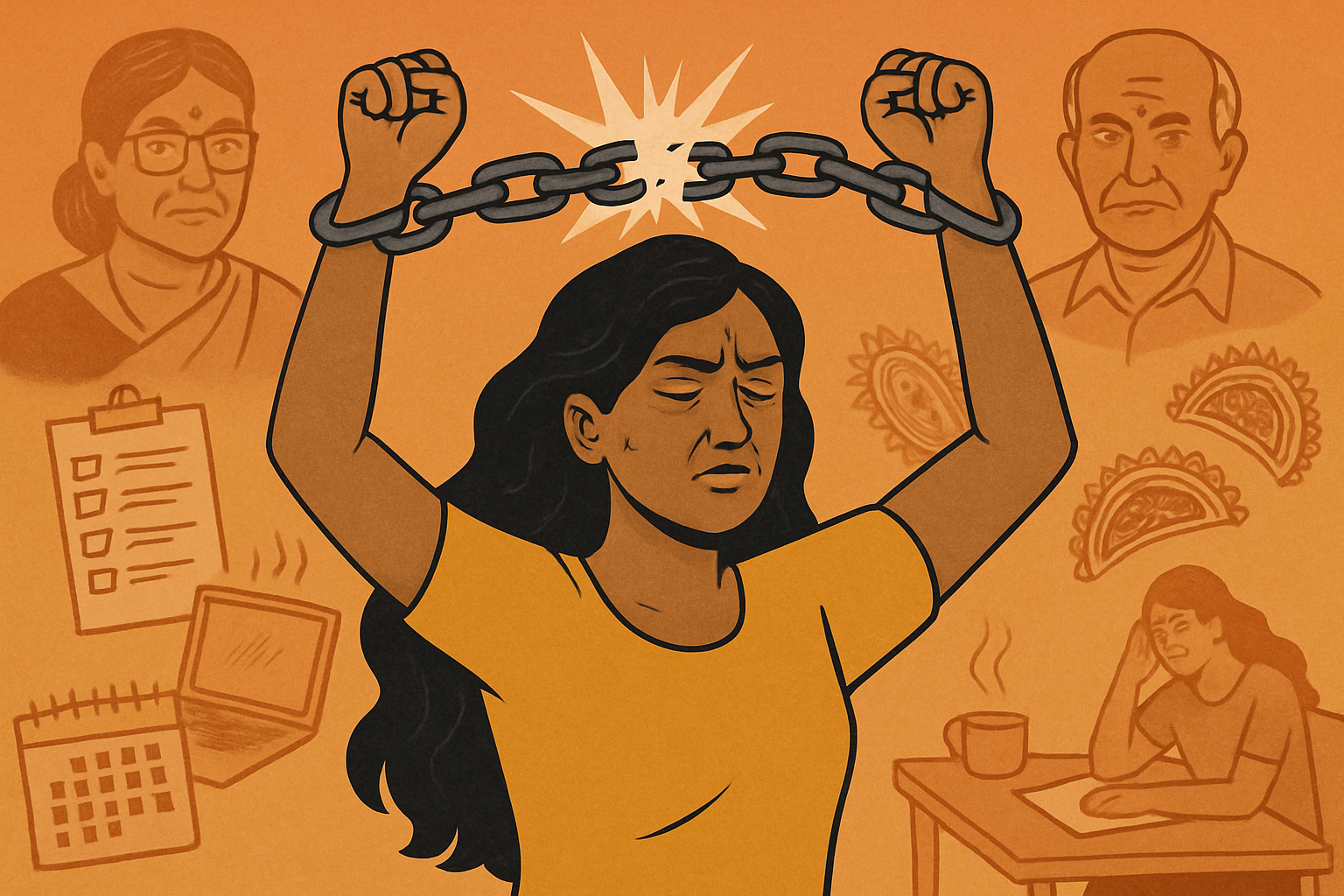
Work, life, kids, career? Is it really possible to do it all?
The other day I was watching the 2011 film I Don’t Know How She Does It starring Sarah Jessica Parker and based on Allison Pearson’s novel of the same name. It marveled at the fact that a woman could have it all — a successful career, a family and a social life. While in Hollywood happy endings are easy, in real life they aren’t always so. But what if your goal is to have it all? Is it possible? While there’s no defi nite answer, one thing is clear, as Forbes contributor Lisa Quast says, “You can have it all, just not all at the same time.”
What are your career goals?
According to Statistics Canada’s Women in Canada: A Genderbased Statistical Report, 28 per cent of women and 25 per cent of men between the ages of 25 and 54 have a bachelor or postgraduate degree. For women this number more than doubled from 1990 to 2009 while for men it did not increase as quickly. Many industrialized countries have seen women delaying marriage and starting a family in the pursuit of higher education and a career. Canada is no exception and women who delayed childbirth, and had their first child at age 30 or later, had higher earnings.
As our economy continues to fl uctuate and there’s a lack of job security, our goals start to realign with our need for survival. Clinical psychologist, author and monthly contributor to Psychology Today Dr. Barbara Killinger explains that as we become obsessed with a goal we can lose sight of the bigger picture and become consumed with small details. This can lead us to become selfinvolved. It’s great to achieve our goals but when we lose sight or no longer feel satisfi ed with what’s gained, it could be detrimental to our psyche.
How does money play a factor?
Citigroup Inc. and LinkedIn recently released a study where 60,000 members of Connect: Professional Women’s Network reveal their biggest challenges with respect to their careers, their finances and what success means to them. The survey states that 53 per cent of professional women are the primary financial decision makers in their household, while 45 per cent share the responsibility. As the wage gap continues to narrow (currently one per cent from October 2011 to October 2012) between women and men in Canada, studies show that wives in dual income households were earning 81 per cent as much as their spouses in 2008.
 Women who obtain a high level corporate position or become their own boss increase their power. The status could potentially initiate their need for more. “As a person gets more obsessed they start to display more narcissistic trends,” says Killinger. “The narcissist has to have their own way, they [become] very much [obsessed with] power and control.”
Women who obtain a high level corporate position or become their own boss increase their power. The status could potentially initiate their need for more. “As a person gets more obsessed they start to display more narcissistic trends,” says Killinger. “The narcissist has to have their own way, they [become] very much [obsessed with] power and control.”
While being hungry for power can hinder our well-being, striving for a comfortable living and financial stability shouldn’t question our character. How we define success should play a role in how we build our future.
 In August 2012, the Fawcett Society’s facts and stats on women and power indicate women across the U.K. today are lacking in positions of power. The 2009 study Diversity and Gender Balance in Britain, indicates “Women are estimated to be responsible for about 70 per cent of household purchasing power, [and] make up 46 percent of the economically active workforce, and over half of university graduates.”
In August 2012, the Fawcett Society’s facts and stats on women and power indicate women across the U.K. today are lacking in positions of power. The 2009 study Diversity and Gender Balance in Britain, indicates “Women are estimated to be responsible for about 70 per cent of household purchasing power, [and] make up 46 percent of the economically active workforce, and over half of university graduates.”
What defines success?
Success is objective. How one defines whether they’ve attained all that is possible to be happy varies individually. Thirty-six per cent of women in the Citigroup and LinkedIn survey felt that marriage wasn’t a factor in how they define “having it all.” For 27 per cent, neither was children. While marriage wasn’t a part of all professional women’s definitions of success, being in a loving relationship (married or unmarried) and having enough money to do and buy what they want were the top two factors among respondents in how they define “having it all.” Raising happy and healthy kids came in third (at 73 per cent) and having a job “that I enjoy where my work is valued” came in fourth (at 64 per cent). “People have their different values and ambitions,” explains Killinger. “You need to be well balanced internally. [It’s] the key to having a healthy lifestyle.”
Why can’t we have it all?
For us to have it all, something needs to be compromised. The term work-life balance is constantly being thrown around in the workplace and in the media. In Statistics Canada’s April 2009 issue of Perspectives on Labour and Income an article written by Katherine Marshall, The Family Work Week Report, states that one in three women expressed feeling stressed for time as work-life balance was significantly less in their place of employment. As a result, women expressed higher dissatisfaction in work-life balance than their male counterparts. In order for us to have it all, something along the way needs to be compromised.
We’re not superhuman and therefore the reality is it’s almost impossible for one person to excel in their business or high profile job, maintain a healthy relationship and be a hands-on parent. Learning what sacrifices you are willing to live with contributes to having it all. But one thing to remember is, as Forbes contributor Lisa Quast says, “You can have it all, just not all at the same time.”
BY TESSA JOHNSON / PUBLISHED IN THE 10TH ANNIVERSARY ISSUE, JANUARY 2013
COMMENTS
YOU MAY ALSO LIKE
Newsletter Sign Up
Subscribe to our FREE newsletter for all of the latest news, articles, and videos delivered directly to your inbox each day!

















































































































